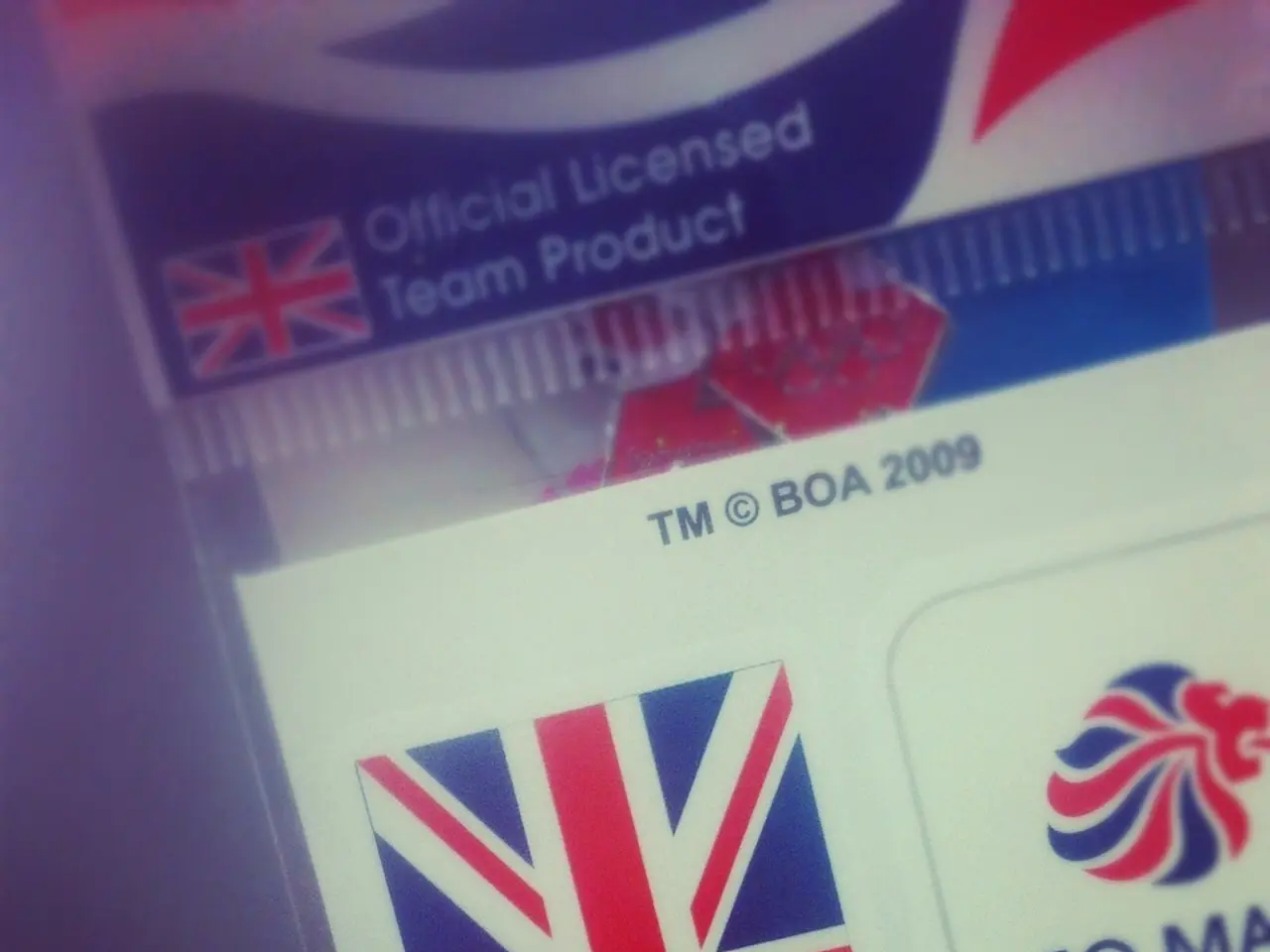Implications of a Nevada Worker Obtaining a Green Card: An Examination
In the vibrant city of Las Vegas, Nevada, individuals seeking permanent residency in the United States can follow a structured process to apply for a Green Card, also known as lawful permanent residence. Here's a simplified guide to help navigate the Green Card application process in Las Vegas.
Firstly, it's crucial to determine your eligibility. You may qualify under family-based, employment-based, refugee or asylum status, or other special programs. Immediate relatives of U.S. citizens, such as spouses, children under 21, and parents, have priority and simpler processes.
Once you've established your eligibility, the next step is to file the appropriate petition. For family-based Green Cards, a U.S. citizen or lawful permanent resident relative typically files Form I-130 (Petition for Alien Relative). For employment-based Green Cards, your employer may file Form I-140 (Immigrant Petition for Alien Worker). If you are already in the U.S., you may file Form I-485 (Application to Register Permanent Residence or Adjust Status) to adjust your status without leaving the country.
After filing the petition, applicants are required to attend a biometrics appointment at a local office, such as in Las Vegas, for fingerprinting, photographs, and signature.
Following this, applicants must complete a medical examination and vaccination, submitting Form I-693, Report of Medical Examination and Vaccination Record, completed by a USCIS-approved physician. This step ensures that applicants meet health requirements.
USCIS may then schedule an interview at the local Las Vegas office to verify your information and eligibility.
Once all the necessary steps have been completed, USCIS will approve or deny your Green Card application. If approved, you will receive your Green Card, granting lawful permanent resident status, allowing you to live and work permanently in the U.S.
For those seeking professional assistance, local immigration lawyers in Las Vegas, such as the Law Office of David E. Walters, specialize in immigration law and can expedite and guide you through the process efficiently.
It's essential to note that those applying from outside the U.S. typically go through consular processing at a U.S. embassy or consulate abroad. Fiancé(e) visa (K-1) holders must marry within 90 days of arrival and then apply for adjustment of status to obtain a Green Card.
Refugees, asylum seekers, and victims of certain crimes can also receive a Green Card. However, some applications may be rejected, in which case an attorney should review the application, petition, and relevant information to decide on a course of action. The government is required to give notice of the reasons for a Green Card application denial, as well as a chance for the person to file an appeal.
For the most accurate and personalized guidance, consider consulting a local immigration attorney in Las Vegas who can assist with paperwork, interviews, and legal advice tailored to your situation.
In the case of employment-based Green Card applications, the employer may need to manage the financial aspect by filing Form I-140 (Immigrant Petition for Alien Worker). Furthermore, seeking the advice of a local immigration lawyer, such as those at the Law Office of David E. Walters in Las Vegas, can help navigate the complexities of immigration law and provide financial efficiency during the application process.




